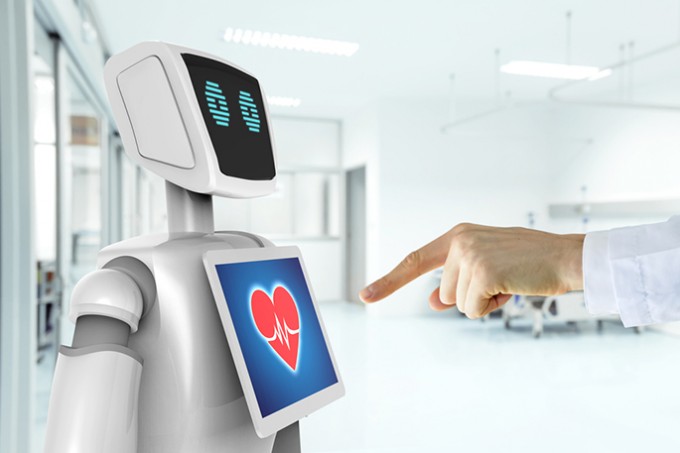Nursing & Healthcare News
Artificially Intelligent, Naturally Flawed
Artificially Intelligent, Naturally Flawed

Even if artificial intelligence hasn’t yet touched your practice, the chances are that it will in the foreseeable future. A recent National Academy of Medicine report recommends that all healthcare professionals learn more about the potential of AI — and its significant limitations.
Promise and Risk
Anyone who’s ever watched “Star Trek” has at least a basic understanding of artificial intelligence: computer programs that can perform complex analysis to supplement — and even supplant — human judgment.
If you believe the tech industry hype, sophisticated neural networks will soon be able to detect and treat disease as readily as current algorithms predict your online shopping habits.
The new report from the National Academy of Medicine (NAM), released December 17, is cautiously enthusiastic about AI’s potential to transform everything from radiology to medical coding.
However, the report also offers some sobering warnings about the limits and risks of healthcare AI.
When Computers Take Shortcuts
If you’ve ever asked a child to clean their room and come back to find clothes and toys shoved under the bed rather than put away properly, you’ve already had a preview of how real-world neural networks approach decision-making.



